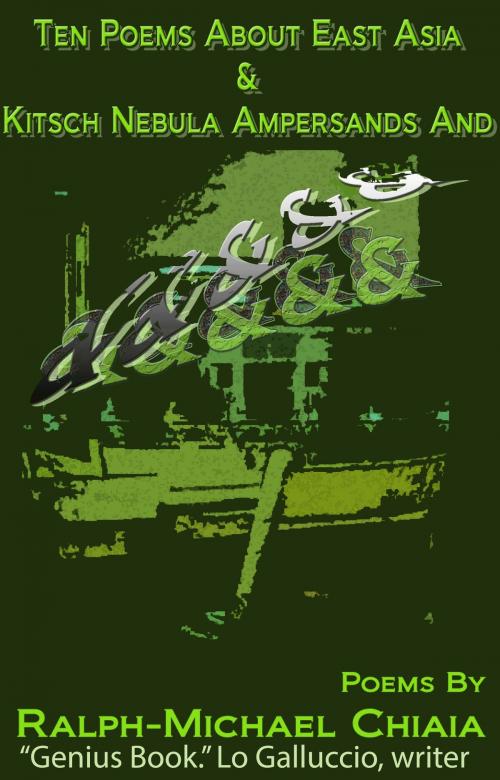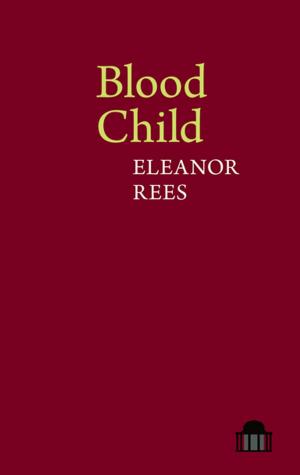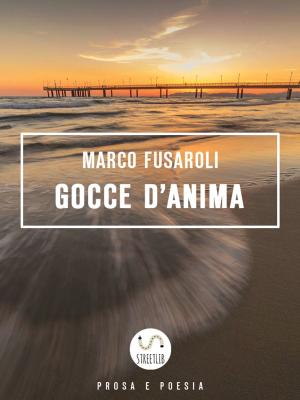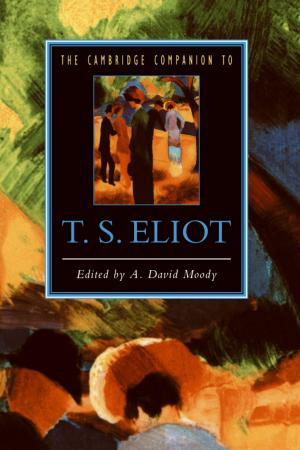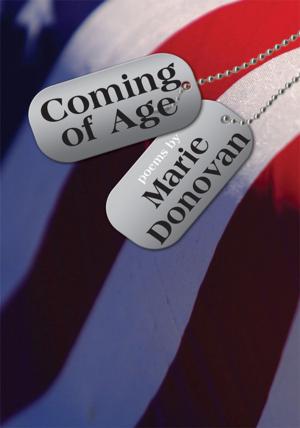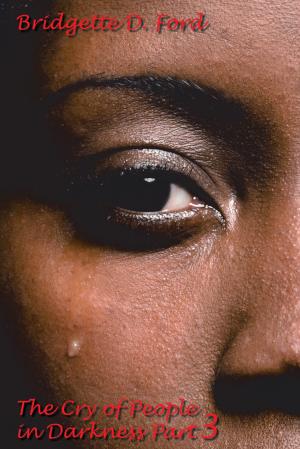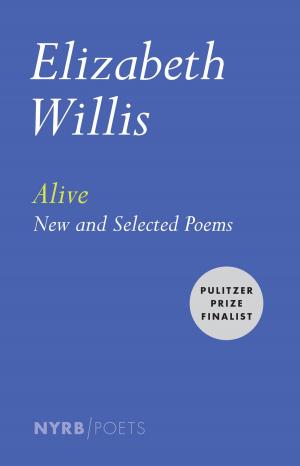| Author: | Ralph-Michael Chiaia | ISBN: | 9781301916665 |
| Publisher: | Ralph-Michael Chiaia | Publication: | May 12, 2013 |
| Imprint: | Smashwords Edition | Language: | English |
| Author: | Ralph-Michael Chiaia |
| ISBN: | 9781301916665 |
| Publisher: | Ralph-Michael Chiaia |
| Publication: | May 12, 2013 |
| Imprint: | Smashwords Edition |
| Language: | English |
Ten Poems about East Asia and Kitsch Nebula Ampersands And by Ralph-Michael Chiaia has the simple charm of a haiku mixed with the rant of Ginsberg. In his first collection of poetry he has sat in with a string quartet and rocked it through stacked Bose speakers -- though the speakers may have been blown.
The book of poems is broken into two parts. Part one is travelogue with a very simple elegant style looking at countries throughout Asia. Part Two is a more aggressive mantra with ideas such as a terror-laden conversation between a Person and a Mushroom and Odes to things such as Kitsch Technology and For the Sake of It. This collection is a must-read for any reader interested in experimental poetry.
Ralph-Michael Chiaia was born in New York City in 1975.
What others say about him and Ten Poems:
"He is a trip-hoppy visionary of language."
Lo Galluccio, Ibbetson Street Press
"Chiaia’s formalistic experiments appeal to our curiosity, but his experiments in conjuring a familiar world in a personal language are compelling. We get both in this nicely produced book from Coatlism Press. The press and Ralph-Michael Chiaia are new to the small press world, and I look forward to more from both."
Clarence Wolfshohl
"The poems in this slim volume prove that the beat aesthetic is not dead, or a mere remnant of the dim past. I don't subscribe to the term 'experimental' because it implies that the work is an expedient means to an end and does not stand for itself, so to speak. That may be fine for the discipline of science, but it's antithetical when applied to poetry and art in general.
With few words Ralph-Michael Chiaia avails essences of places, transforming cities into states of mind and being that manifest themselves in lightning flashes of revelation. Personal memory gives out to a broader, collective phenomenon of mutual recognition of places and things at once strange and eerily familiar. The images and syntax invoke deja vu-like sensations of what it might feel like to be remembering the memories of someone other than oneself.
The poet is adept at mixing haiku with spontaneous bop prosody, stark visual illumination with a playful lyrical sense, resulting in effects that are the products of the paralogical discipline exemplary of all fine art. At times an otherworldly light shines through the lines and one can almost see the face of the poet caught in the mesh of time, unconscious of being glimpsed by a future self in anticipation of its emergence from the deep sleep of meditation upon its own reflection in the still waters of what Lorca called "dark sounds."
The language in these poems is bold, striking at the core of awareness itself as the phenomenological world unveils its anatomical scaffolding in one sudden illumination after another. In the momentous process of this existential exposition the poet never loses the enthusiasm for sheer play characteristic of all beautiful art. Modernity, in the spectral manifestations of the high-tech trappings amidst which we find ourselves choicelessly embroiled, avails itself in the poems in its tenuous, hallucinatory charms and fragmented concentrations upon the intrepid details in which the daemons of its glory and inescapable doom are to be found, hidden in plain sight in the very places we always expected to find them."
Joe La Rosa
Ten Poems about East Asia and Kitsch Nebula Ampersands And by Ralph-Michael Chiaia has the simple charm of a haiku mixed with the rant of Ginsberg. In his first collection of poetry he has sat in with a string quartet and rocked it through stacked Bose speakers -- though the speakers may have been blown.
The book of poems is broken into two parts. Part one is travelogue with a very simple elegant style looking at countries throughout Asia. Part Two is a more aggressive mantra with ideas such as a terror-laden conversation between a Person and a Mushroom and Odes to things such as Kitsch Technology and For the Sake of It. This collection is a must-read for any reader interested in experimental poetry.
Ralph-Michael Chiaia was born in New York City in 1975.
What others say about him and Ten Poems:
"He is a trip-hoppy visionary of language."
Lo Galluccio, Ibbetson Street Press
"Chiaia’s formalistic experiments appeal to our curiosity, but his experiments in conjuring a familiar world in a personal language are compelling. We get both in this nicely produced book from Coatlism Press. The press and Ralph-Michael Chiaia are new to the small press world, and I look forward to more from both."
Clarence Wolfshohl
"The poems in this slim volume prove that the beat aesthetic is not dead, or a mere remnant of the dim past. I don't subscribe to the term 'experimental' because it implies that the work is an expedient means to an end and does not stand for itself, so to speak. That may be fine for the discipline of science, but it's antithetical when applied to poetry and art in general.
With few words Ralph-Michael Chiaia avails essences of places, transforming cities into states of mind and being that manifest themselves in lightning flashes of revelation. Personal memory gives out to a broader, collective phenomenon of mutual recognition of places and things at once strange and eerily familiar. The images and syntax invoke deja vu-like sensations of what it might feel like to be remembering the memories of someone other than oneself.
The poet is adept at mixing haiku with spontaneous bop prosody, stark visual illumination with a playful lyrical sense, resulting in effects that are the products of the paralogical discipline exemplary of all fine art. At times an otherworldly light shines through the lines and one can almost see the face of the poet caught in the mesh of time, unconscious of being glimpsed by a future self in anticipation of its emergence from the deep sleep of meditation upon its own reflection in the still waters of what Lorca called "dark sounds."
The language in these poems is bold, striking at the core of awareness itself as the phenomenological world unveils its anatomical scaffolding in one sudden illumination after another. In the momentous process of this existential exposition the poet never loses the enthusiasm for sheer play characteristic of all beautiful art. Modernity, in the spectral manifestations of the high-tech trappings amidst which we find ourselves choicelessly embroiled, avails itself in the poems in its tenuous, hallucinatory charms and fragmented concentrations upon the intrepid details in which the daemons of its glory and inescapable doom are to be found, hidden in plain sight in the very places we always expected to find them."
Joe La Rosa
